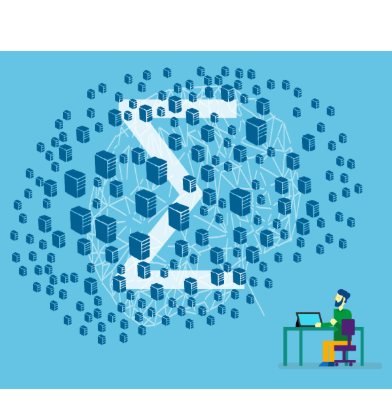| New Microsoft AI and Research Group |
| Written by Sue Gee | |||
| Monday, 03 October 2016 | |||
|
The newly formed group brings together Microsoft Research, its AI-focused product groups, the Information Platform Group, Bing and Cortana product groups, and the Ambient Computing and Robotics teams. The combined group will include more than 5,000 computer scientists and engineers and will encompass AI product engineering, basic and applied research labs, and New Experiences and Technologies (NExT). At its helm is Harry Shum who joined Microsoft Research in 1996. In 1998 he moved to Beijing as one of the founding members of Microsoft Research China and from 2007 to 2013 was responsible for Bing search product development. Dr. Shum received his Ph.D. in robotics from the School of Computer Science at Carnegie Mellon University and is an IEEE Fellow and an ACM Fellow for his contributions to computer vision and computer graphics. On the Microsoft blog Shum commented: I’ve worked on both research and product teams, and I see incredible potential for this new group. Today, AI is shifting the computer science research supply chain and blurring lines between research and product. End-to-end innovation in AI will not come from isolated research labs alone, but from the combination of at-scale production workloads together with deep technology advancements in algorithms, systems and experiences. The new group will provide greater opportunity to accelerate our innovation in AI, and to enable Microsoft to create truly intelligent systems and products for our customers. I believe we have some of the best AI talent on the planet, and we’ll continue to attract even more. Announcing the initiative at the Microsoft Ignite event on September 29 Microsoft CEO Satya Nadella said: “We live in a time when digital technology is transforming our lives, businesses and the world, but also generating an exponential growth in data and information. At Microsoft, we are focused on empowering both people and organizations, by democratizing access to intelligence to help solve our most pressing challenges. To do this, we are infusing AI into everything we deliver across our computing platforms and experiences.”
A lot of progress has already been made on all four fronts. Microsoft Research has led the way with language translation and adding its capabilities to Skype means people can now converse across language boundaries. Cortana has been installed by 113 millions customers and answered over 12 billions questions. Microsoft has already made the tools available including, for businesses, the Cortana Intelligence Suite, a fully managed big data and advanced analytics suite to transform data into intelligent action. For developers there's the Microsoft Bot Framework and its Cognitive Services APIs, which are free and open sourced on GitHub. Also on GitHub is the CTNK (Computational Network Toolkit) which claims to provide highly efficient recursive neural network (RNN) training for speech, images and text in a multi-machine, multi-GPU environment. This can already be deployed on Microsoft's emerging infrastructure which combines Azure with the Field Programmable Gate Arrays (FPGA's) from Project Catapult, research from the Microsoft NExT group that dates back to 2010. We have often commented on I Programmer both on the wide scope and deep extent of Microsoft AI initiatives. Combining them under one banner should surely be a good thing from the point of view of cross fertilization of ideas. It is also to be hoped that we get to hear more about what is going on and that the principle of democratizing AI means that we can both join in and benefit from the advances being made. More InformationThe next milestone in Microsoft’s AI journey Related ArticlesC# SDK For Language Understanding Intelligent Service Microsoft's Catapult Fabric Turns Software Into Hardware Microsoft Invents A Fast CryptoNet Microsoft Wins ImageNet Using Extremely Deep Neural Networks Microsoft's New Deep Learning System Microsoft Research takes on Go
To be informed about new articles on I Programmer, sign up for our weekly newsletter, subscribe to the RSS feed and follow us on Twitter, Facebook or Linkedin.
Comments
or email your comment to: comments@i-programmer.info
|
|||
| Last Updated ( Sunday, 06 January 2019 ) |



